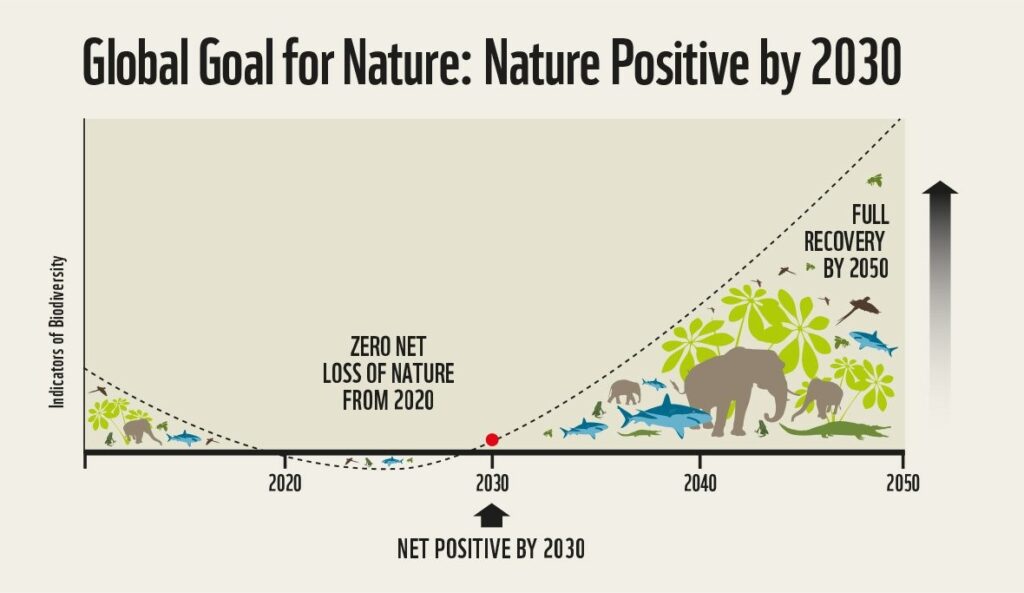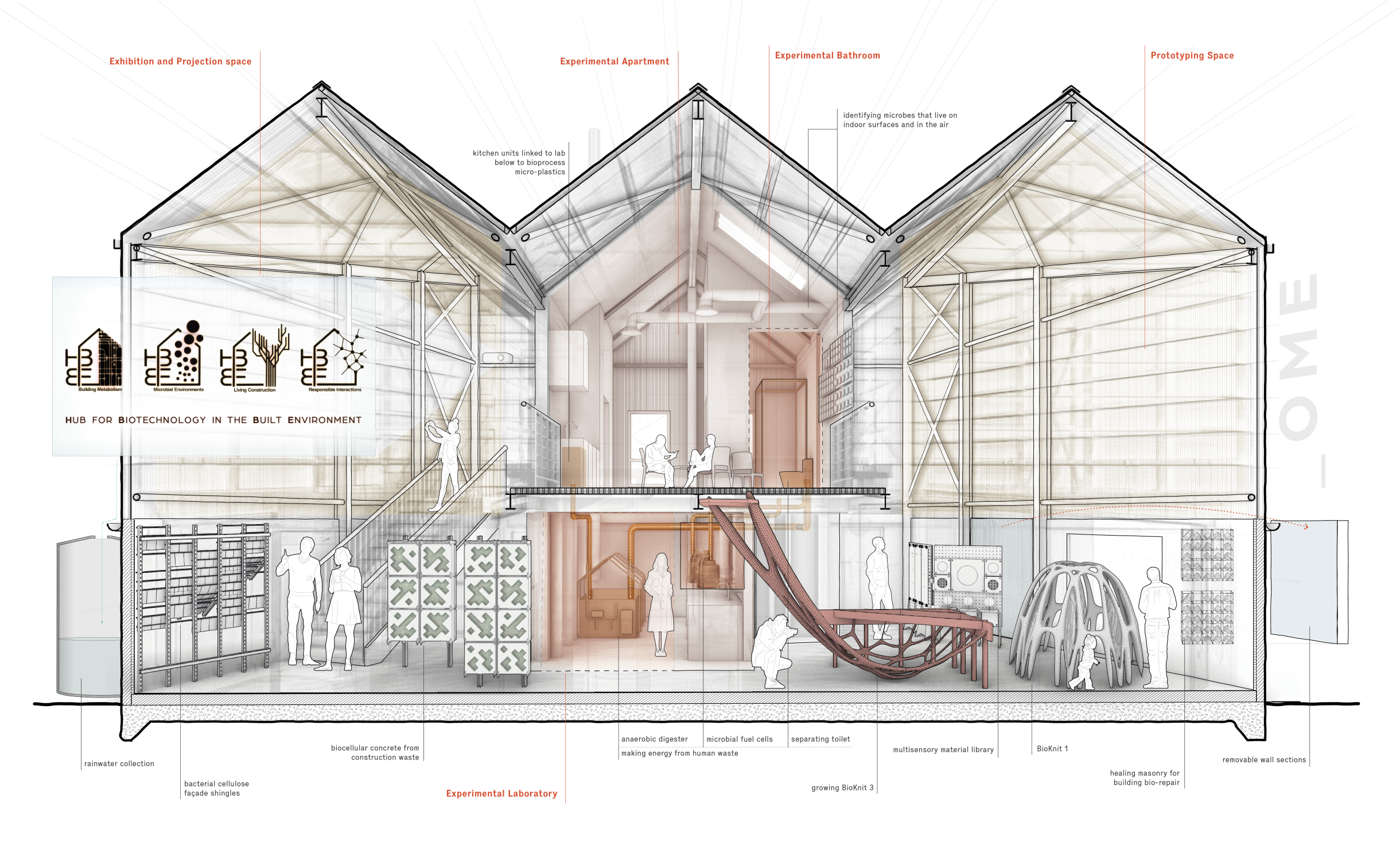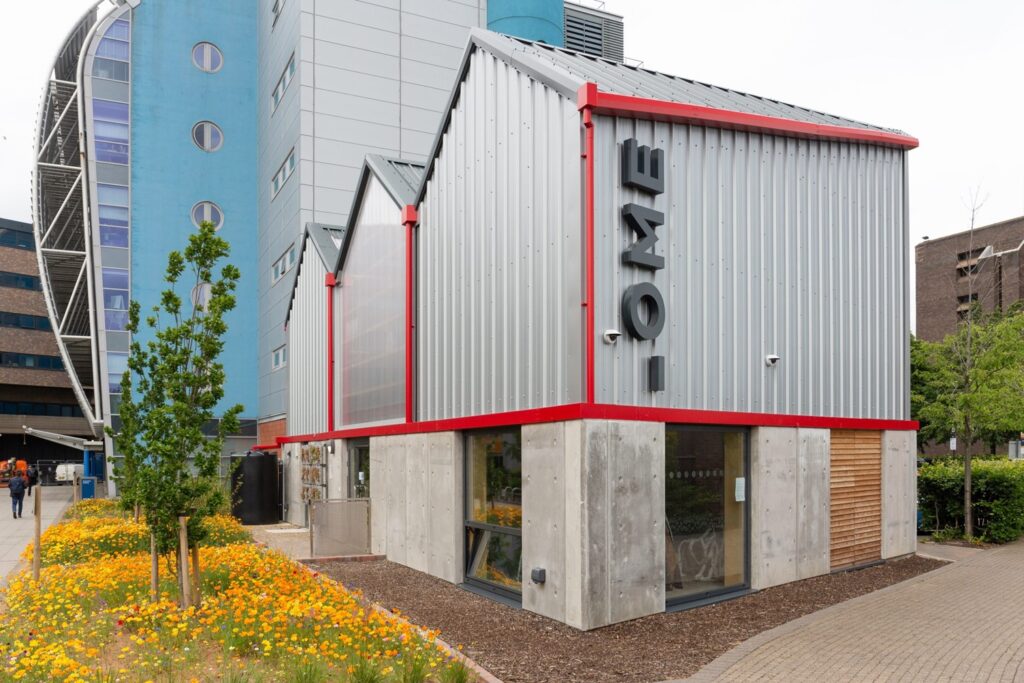This month, it is Nothing New November. Nothing New November is a campaign founded by Keep Britain Tidy to combat the issue of impulse buying, especially during Black Friday. The challenge encourages people to buy nothing new for a month, excluding essentials like food and medication. So, sign-up to the challenge, give it a go, and reduce your carbon footprint!
Fast fashion is arguably the most common impulse buy. Fashion production is detrimental to the environment, being responsible for 10% of total global carbon emissions (Business Insider, 2019.) We live in a world where trends last for less than a month, forcing us to constantly change our wardrobe. In this blog, I will be sharing 3 different ways you can update your existing wardrobe using household items and thereby reducing your impact on the earth!
Attach a patch
Patches are the perfect way to fix a hole in your favourite jeans or to decorate a plain top you haven’t worn in a while. A current trend I’ve been seeing a lot recently is star patches on clothes. Instead of buying into this microtrend, I will try to DIY my own version…
- Firstly, find a piece of scrap fabric in your house- this could be from an old bag, tablecloth, or jeans.
- I’m going to trace my patch design onto a piece of paper and cut it out.
- Place the patch template onto your fabric, pin it in place and cut around it.
- Pin the patch into place over the hole you want to fix or the area you want to embellish.
- Finally, using a simple running stitch or more advanced blanket stitch, secure your patch into place.
Quick and eco-friendly!

Fun with fur
With winter on the rise, faux fur is becoming a staple in people’s wardrobes. Instead of buying new, you can upcycle an old coat with scrap fur. If you can’t find any fur at home, I recommend looking for any offcuts or old pillows in charity shops- remember it’s Nothing New November, so buying second hand is encouraged!
- I’m choosing to embellish my old leather jacket. Try find an item you haven’t won in a while or an item you find plain. Next, decide what aspects you are going to add fur onto, e.g. the collar, the pockets, the cuffs, etc…
- You’re then going to trace a rough outline of these components onto a scrap piece of paper – it’s always better to overestimate outlines.
- Cut the templates out and pin them to your fur.
- Just like the patch, cut around the paper outlines into your fur and pin the fur sections to their corresponding sections on your jacket.
- To keep the fur in place, use a whip stitch, or running stitch, securing the fur to the edges of your collar or cuff. Fur is a very forgiving fabric, so don’t worry too much about being neat!
This tip is both trendy and cozy!

Embroider and embellish
Embroidery is a quick and easy way to add a motif or design to any plain pieces of clothing. To add an extra touch, you could include leftover beads or buttons to your design.
- It’s always helpful to sketch your design first, choosing what colours and what type of stitch your design will use. I’ve seen this cherry design all over my Pinterest feed!
- Next, do a rough outline of your design onto the clothing fabric. This outline will be covered by stitching later, so don’t worry about leaving marks.
- For this DIY, find your thickest thread, or double your thread up before putting into the needle.
- Use small stitches to fill up your design.
- If you want to challenge yourself, experiment with French knots, chain stitches or cross stitches to decorate your design.
What a cute look!

The best thing about these three projects, is that they can easily be reversed. If you decide you’re no longer keen on a star patch, simply unpick the stitches and change it out. The same goes for the fur or the embroidery. By constantly customising the pieces in your wardrobe, you can keep up with trends, save your money, and reduce your environmental impact.
For more tips on eco-friendly fashion, see our sustainable fashion tips blog here. To find out more about what we do at Sustainable Campus, click here.
Thanks for reading!
References:
McFall-Johnsen, M. (2019) The fashion industry emits more carbon than international flights and maritime shipping combined. here are the biggest ways it impacts the planet., Business Insider. Available at: https://www.businessinsider.com/fast-fashion-environmental-impact-pollution-emissions-waste-water-2019-10 (Accessed: 07 November 2024).



















